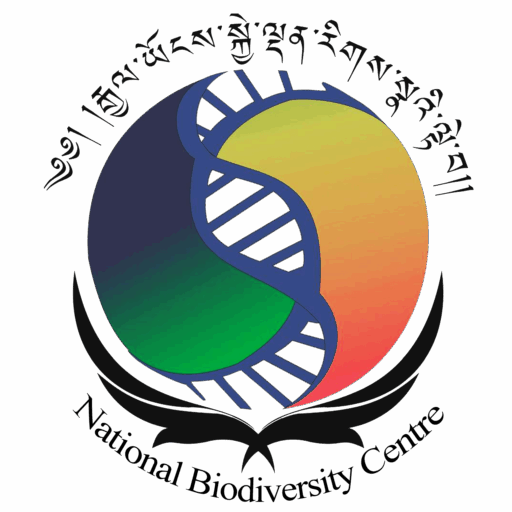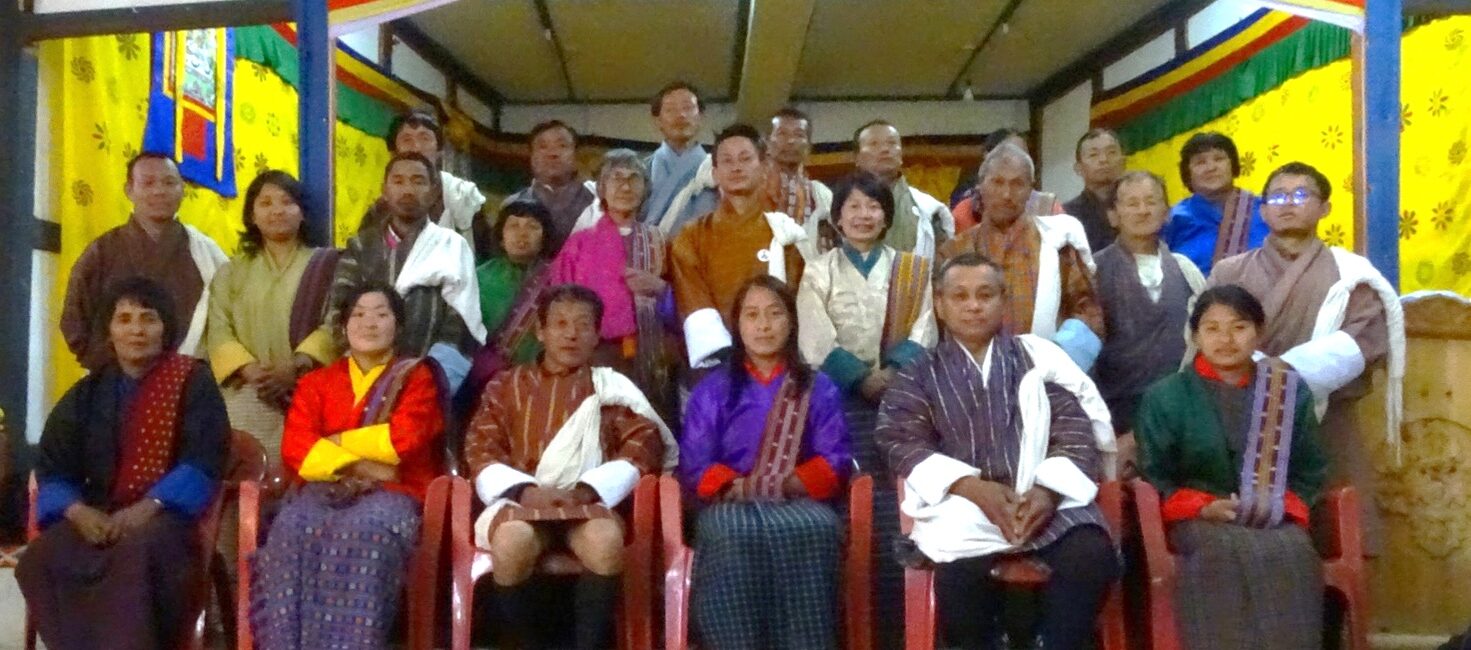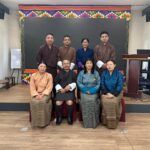12th to 15th January 2023
Background
Bhutan is endowed with rich Plant Genetic Resources or the Crop Diversity is a subset of biodiversity. Plant genetic resources are the most valuable, essential, basic raw materials and foundation of agriculture, enabling it to evolve and adapt to meet the never-ending challenge of sustainably producing sufficient and nutritious food for an increasing population. Crop diversity is a key to seed, food and nutrition (SFN) security and is a prerequisite for sustainable agriculture. Crop diversity translates to nutritional diversity and therefore the dietary diversity that contributes to the good health of the population. Crop diversity is the reservoir of diverse genes for current and future crop breeding and varietal development to meet the changing needs of the nation. Crop diversity is one of the mechanisms for climate change adaptation. Crop diversity is intricately linked to Bhutanese traditions and culture. There are many crops and their varieties that are packed with numerous vitamins and minerals some of which are not even been discovered by scientific research.
Apparently, despite the richness in diversity and tremendous benefits to humanity rendered by the natural agro-biological wealth, there is rapid genetic erosion of many crops and varieties in Bhutan.
Therefore, as a part of the regular germplasm collection program of the Genebank, the National Biodiversity Centre in collaboration with Gewog Agriculture Sector of Lumang Gewog, Trashigang Dzongkhag conducted Crop Diversity Inventory on the 12th January 2023 and germplasm collection from 13th to 15th January 2023 at Lumang Gewog, Trashigang Dzongkhag.
The meeting was attended by 23 participants comprising of farmers and AEO. We emphasized the gender balance of which 14 were male and 9 female farmers representing different Chiwogs viz. Drubkhang Lumang, Doongmanma, Kharphoog Kurchhilo, Riserboo Tsangpo, Moochhu Wakhar, Tshogoenpa etc.

- Introduction to biodiversity, agro-biodiversity, and crop diversity:
The farmer participants were first introduced to the concept of biodiversity, and agro-biodiversity and then delve down onto crop biodiversity using the pictorial power point slides. Then the farmer participants were presented with various rationales on the importance of crop diversity using the pictorial power point slides. Farmers were also informed of the trend and various developments in the global arena when it comes to crop diversity. Participants were also informed of the various efforts being put in place by the government in securing diversity in the gene bank and also maintain on-farm diversity.
- Inventory of crop diversity being cultivated in Lumang Gewog:
Education and awareness were followed by inventorying of crops and varietal diversity being cultivated by the farmers of Lumang Gewog.
The on-farm crop diversity inventory revealed the existence of a total of 52 crops viz. Maize, Buckwheat, Barley, Millet, Foxtail millet, Sorghum, Amaranth, Perilla, Beans, Ricebean, Soybean, Groundnut, Peas, Rice, Potato, Sweet potato, Tapioca, Yams, Colocasia, Canna, Mustard green, Radish, Turnip, Carrot, Tomato, Brinjal, Bitter guard, Slipper guard, Chayote, Pumpkin, Cucumber, Chili, Mustard, Cabbage, Cauliflower, Broccoli, Orange, Guava, Pear, Plum, Peach, Banana, Mango, Persimmon, Pomegranate, Pomelo, Papaya, Sugarcane, Avocado, Walnut, Kiwi, Asparagus etc consisting of about 121 varieties across all crops.

The Diversity Wheel analysis was also conducted with the germplasm samples brought by the farmers to assess the status of cultivation and the level of threat of extinction of varieties.
On-farm crop diversity Inventory revealed that the cultivation trend of 13 varieties was increasing, 71 stable, and 31 decreasing.
- Germplasm collection
After enlisting the crop diversity being cultivated in Lumang Gewog, donor farmers/custodian farmers were identified for different crops for which the seeds are currently available. Based on gaps in the genebank collection a total of 18 germplasm samples were collected for the selected crops and crop varieties from those identified donor farmers/custodian farmers from Khaimanma, Tshogonpa, Bemri, Dungmanma, Kheshing, Dori, Lumang and Kurchhilo from 13th to 15th January 2023. These germplasm samples will be processed following the Genebank standards.
- Outcomes:
- Created awareness to the farming communities and the Gewog administration on the importance of crop diversity.
- Conducted inventory of on-farm crop diversity existing in the farmers’ field or the on-farm.
- Conducted Diversity Wheel analysis to assess the cultivation trend of crop diversity.
- Identified crops and varieties and the donor farmer for germplasm collection based on genebank collection gaps and collected 18 germplasm samples.






 Views Last 7 days : 1638
Views Last 7 days : 1638 Views Last 30 days : 4515
Views Last 30 days : 4515 Total views : 16384
Total views : 16384